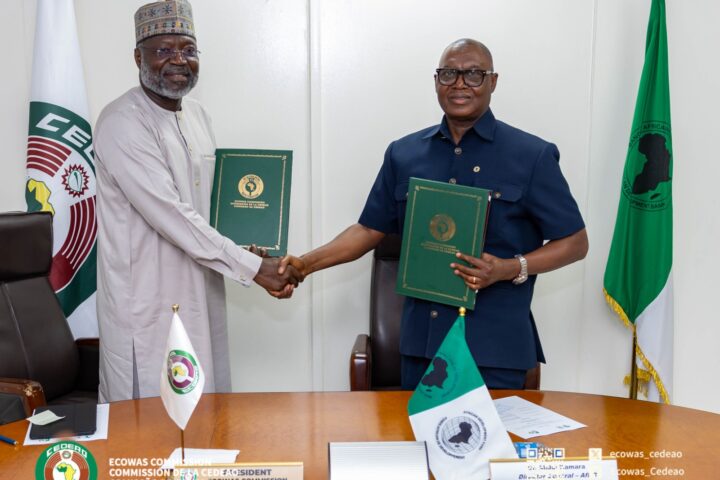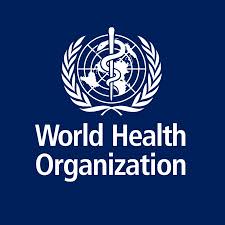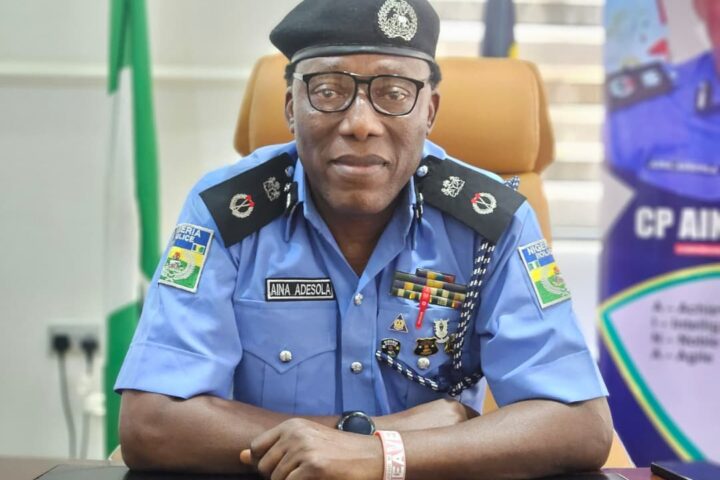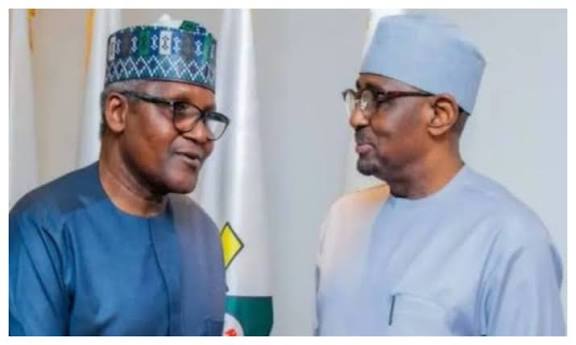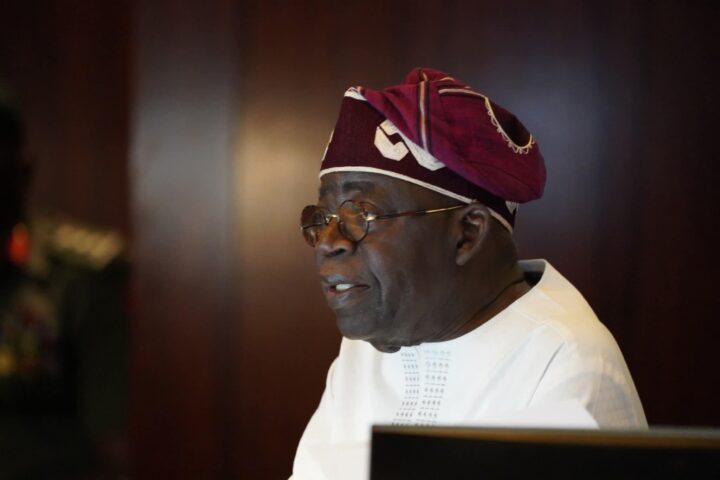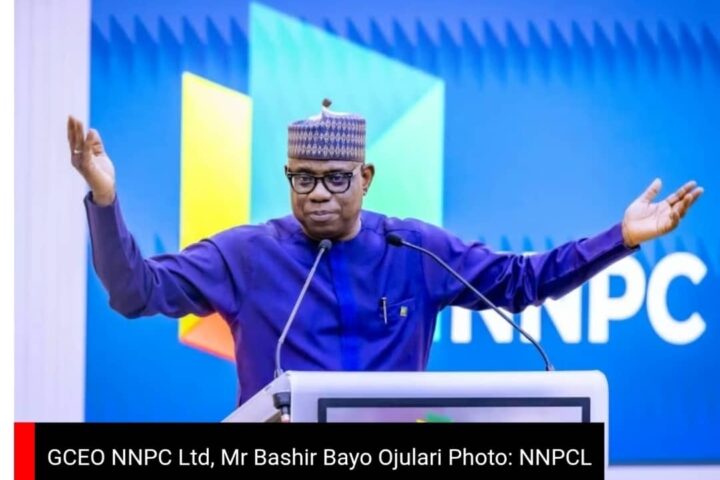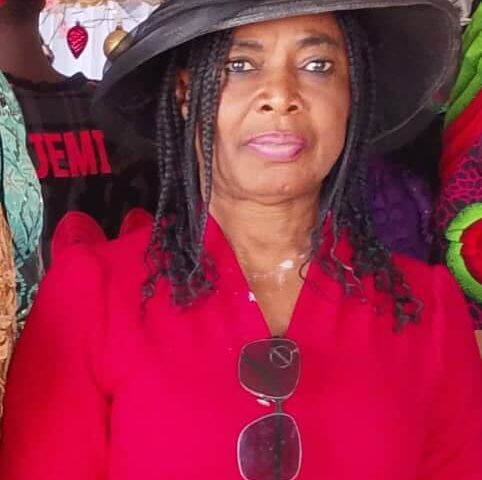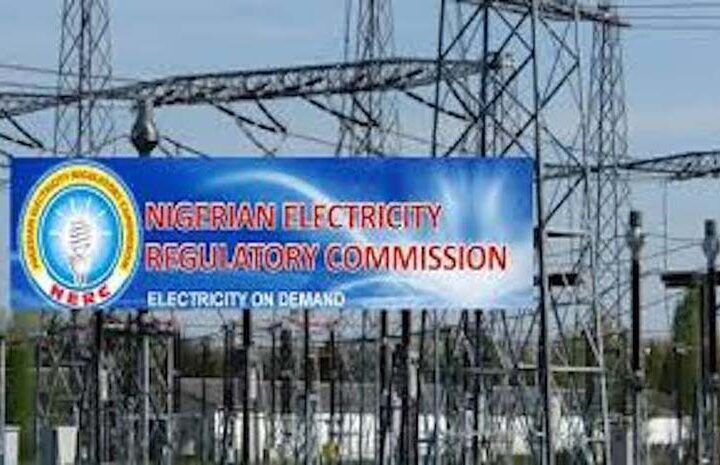The United Nations, UN, has reaffirmed its commitment to development efforts with the Nigerian government through the UN Sustainable Development Cooperation Framework, UNSDCF.
The framework will ensure the UN initiatives complement Nigeria’s National Development Plan, NDP, including addressing key areas such as economic growth, environmental sustainability, social well-being and good governance.
A representative from the UN Resident Coordinator’s Office, Ms. Thembebile Dube-Ncube, disclosed this in Abuja, during the Dialogue for Non-State Actors’ Engagement in Implementation of the Decent Work Country Programmes, DWCP, in Nigeria.
She explained that the Cooperation Framework is a whole-of-society approach that needs participation from government, civil society, academia, and the private sector to achieve the Sustainable Development Goals, SDGs, by 2030.
She disclosed that $800 million annual budget for the framework is sourced through various UN agencies, multilateral donors, and bilateral agreements.
Dune-Ncube said with Nigeria’s current NDP expiring in 2025, discussions are already underway for a successor plan, 2026-2030.
She added that the UN and government periodically review progress through the National Steering Committee, co-chaired by the Minister of Budget and Economic Planning and the UN Resident Coordinator, ensuring that resources are effectively utilized and aligned with national priorities.
The funding is expected to drive initiatives that promote economic development, climate resilience, gender equality, social cohesion, and governance reforms in Nigeria.
“The reason why we do this is to ensure that what the UN does aligns with what the country needs are or what the country is doing. We are not coming as a UN to do our own things, but we are coming to do development needs in line with government plans or in line with the country’s needs. Therefore, we are cooperating with the government.
“It is a plan that is done to complement the government efforts. And even the signing of the cooperation framework is done with the government.
“The vision is to leave no one behind, especially the most vulnerable. And that is, all people living in Nigeria contribute to and benefit from inclusive rights-based development that leads to acceleration in the achievement of SDGs and Agenda 2030,” she added.




